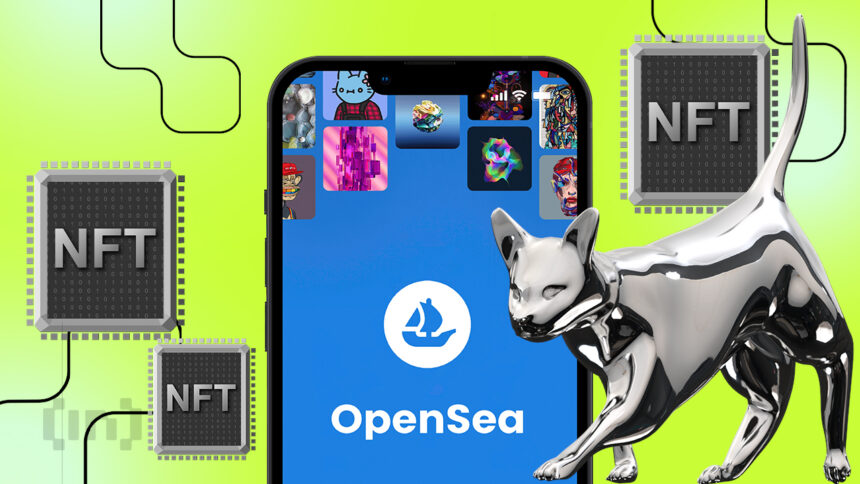Nearly three months after OpenSea initially introduced its SEA token alongside the OS2 beta, excitement surrounding the mechanics of airdrop distribution has reignited. Investors and creators are actively discussing the criteria that the leading NFT marketplace should employ to allocate the highly anticipated SEA tokens, with many individuals calling for greater clarity from OpenSea’s leadership.
On February 20, OpenSea unveiled the OS2 open beta, describing it as a completely revamped product tailored for collectors and professionals. As the platform regains its position as the second-leading entity in Kaito’s Mindshare rankings, speculation is mounting that an official update regarding the airdrop could be forthcoming.
A user known as Brandzo remarked on social media that OpenSea’s rise in Mindshare rankings could precede a significant announcement, highlighting the prolonged wait since the announcement of SEA. This sentiment echoes a broader demand for transparency regarding the structure of the upcoming airdrop.
One of the predominant discussions centers on whether OpenSea should reward historical users based on their previous trading fees. Advocates for this approach argue that those who contributed value in the past should be acknowledged, as they directly supported the platform’s growth. Cyphr, the founder of gmDAO, succinctly expressed this belief, emphasizing that focusing on historical fees paid to OpenSea would be the most straightforward and justified method for airdrop allocation.
Supporters of this view contend that genuine transactions from past users have fueled the platform’s success and should be recognized rather than incentivizing newer users through experience points (XP) earned on the newly launched OS2 beta. Other longtime OpenSea participants echoed similar thoughts, expressing that rewarding actual engagement is a more applicable metric.
Conversely, some, like Moodz, co-founder of Mood Labs, oppose this viewpoint, suggesting that historical fees provide little value to OpenSea’s current business model. Moodz argued that past users, once rewarded, could simply cash out and abandon the platform. This perspective emphasizes the importance of fostering current user engagement.
Cyphr countered this argument, asserting that there is no guarantee that new users would be less likely to cash out than historical ones. Regardless of the differing opinions, OpenSea is facing significant challenges; recent reports indicate that the platform’s weekly trading volume has plummeted by 90% from its peak, as many feel that XP rewards do not drive meaningful activity.
Amidst these debates, a notable regulatory update may impact OpenSea’s trajectory. The US SEC recently concluded its investigation into OpenSea without recommending any enforcement actions, stating that NFTs are not classified as securities. This conclusion could potentially ease some constraints that have held back the SEA token’s launch.
With mounting anticipation and a range of opinions on how to proceed, it remains to be seen how OpenSea will navigate this critical juncture and what implications the upcoming airdrop will have for its community.







